World
Guinea Bissau Presidential Election: Voting Begins On Sunday As Polls Open
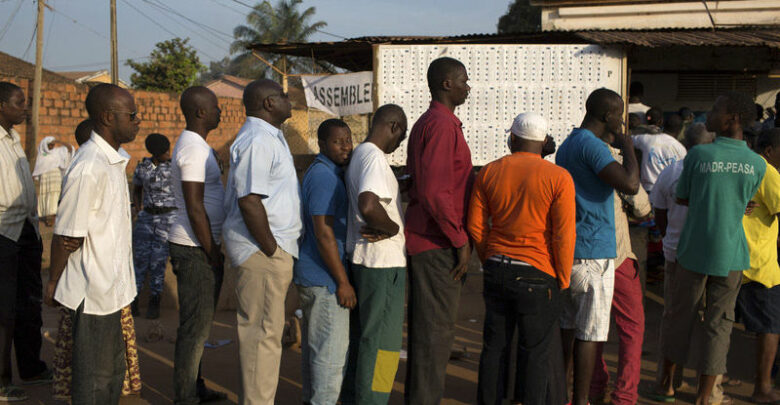
The people of Guinea Bissau began casting votes on Sunday to elect their new president with hopes to bring stability to the West African country after years of political turmoil. Official figures say more than 760,000 voters are registered to cast their ballot in the poll, reported Reuters.
Twelve candidates are running for the presidential post in the former Portuguese colony of around 1.5 million people. The list includes the name of incumbent, Jose Mario Vaz, who has been in power since 2014 and one of his main challengers Domingos Simoes Pereira, a former prime minister who’s sacking in 2015 triggered years of quarrels with Parliament over who would lead the government.
Guinea Bissau has been plagued by political instability, poverty, drug-trafficking, and corruption. The country has witnessed nine coups or attempted coups since independence from Portugal in 1974, most recently in 2012 when a military takeover disrupted elections. If Vaz completes his term, he will be the first president to do so.
Since coming into power in 2014, Vaz has been embroiled in a power struggle with the ruling African Party for the Independence of Guinea and Cape Verde (PAIGC). He has sacked six prime ministers.
Most recently, he fired premier Aristides Gomes in October and appointed Faustino Fudut Imbali as his successor. But Gomes refused to step down claiming Vaz’s orders were illegitimate since his term had technically expired on June 23. For about 10 days the country had two prime ministers until Vaz backed down under pressure from the regional bloc ECOWAS. The latest government dismissal sparked international outcry and raised fears that the electoral process would be disrupted.
The preliminary results of Sunday’s voting are expected to be announced on November 28. If in case no candidate gets more than 50 percent of the vote, there will be a run-off between the top two candidates on December 29.


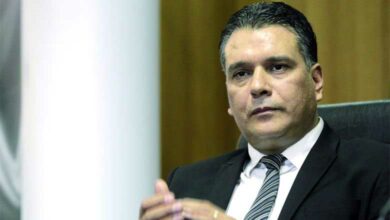
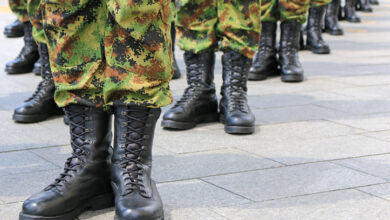
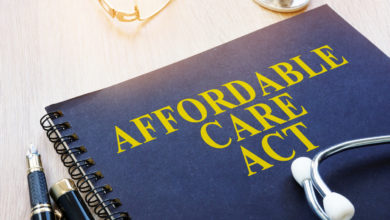
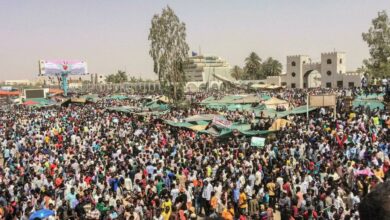
![User:DandjkRoberts [CC BY-SA 3.0 (https://creativecommons.org/licenses/by-sa/3.0)], from Wikimedia Commons](https://thechiefobserver.com/wp-content/uploads/2018/12/Grace_Mugabe_2013-08-04_11-53_cropped-390x220.jpeg)